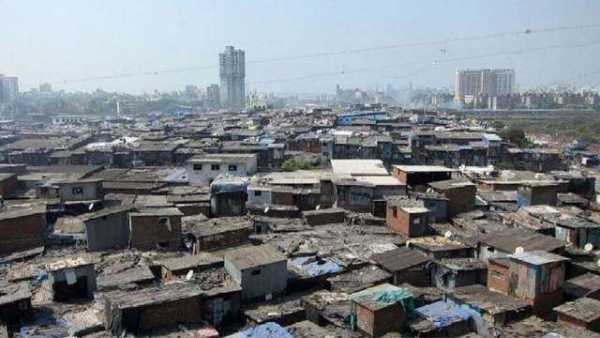
Over one lakh ineligible slum-dwellers in Dharavi, along with 60,000 eligible residents from before 2007, will now be given homes under Dharavi’s redevelopment plan, Deputy Chief Minister Eknath Shinde announced on Friday.
The previous Maha Vikas Aghadi (MVA) government had planned to provide homes only to eligible slum-dwellers, but the current Mahayuti government has decided to extend the benefit to everyone. He said that under the earlier criteria, Dharavi’s redevelopment was nearly impossible, but efforts to communicate this reality to the people were insufficient. Shinde directed officials to effectively convey the facts to the public.
Since 2007, the state has not had a housing development policy, but now the Mahayuti government is preparing one. A presentation was made regarding this policy during the meeting, and the plan is to finalise it by the end of February. This policy will include schemes for senior citizens, making Maharashtra the first state to incorporate such provisions. Additionally, discussions were held on promoting affordable, eco-friendly housing under this policy.
The state government has set a target of building 1 lakh homes for mill workers. Tenders have been invited, and two tenders have already been received. Shinde also instructed officials to explore whether homes can be provided to mill workers who have migrated back to their native villages in Maharashtra. During this meeting, Shinde reviewed several projects, including the redevelopment of BDD Chawl, Patrachawl, Motilal Nagar colonies, Kamathipura area through MHADA, housing for police personnel, the mill workers’ housing scheme, the rehabilitation project at GTB Nagar Soyam and the Pradhan Mantri Awas Yojana.
“The Housing Department is a matter close to people’s hearts. A home is a dream for everyone. Efforts will be made to simplify the process of obtaining homes under MHADA and SRA schemes. The plan is to make as many processes as possible available online to facilitate this. Under the housing policy, several schemes will be implemented, including hostels for women working in the housing sector, hostels for students, housing for workers, and affordable housing on rent,” said Shinde.